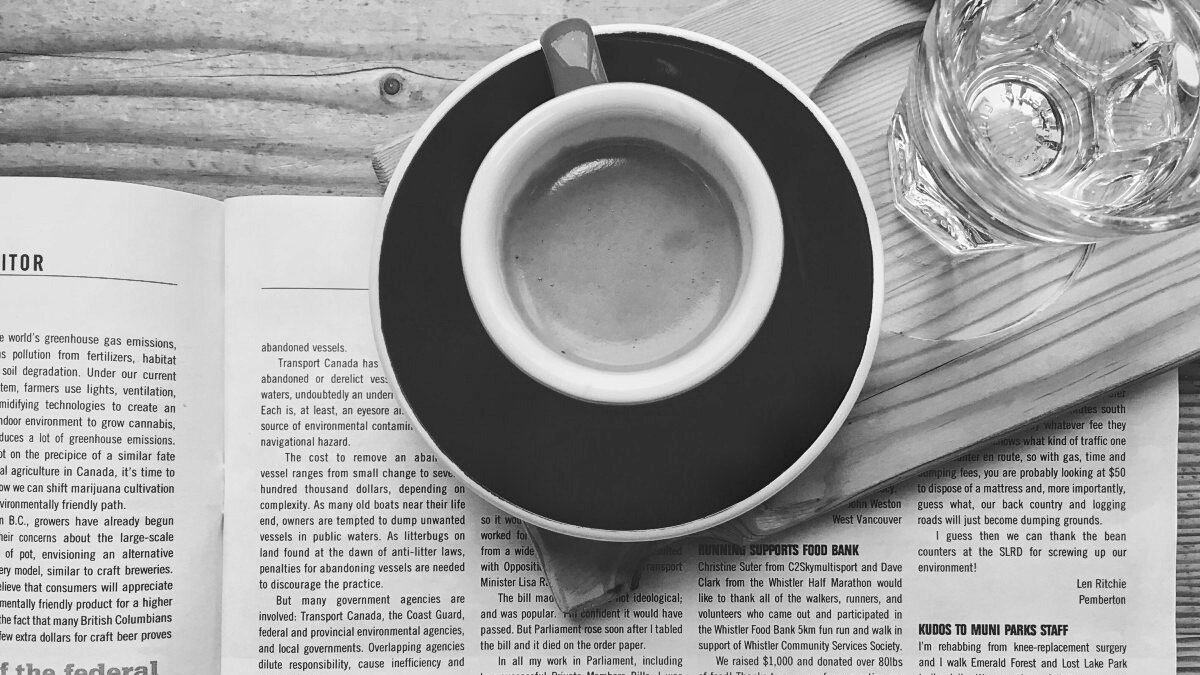
Hello and welcome to another Friday, and therefore to another Coffee News Roundup.
This week’s article will be themed, due to the thing that’s happening. In related news, it is incredibly difficult to not touch one’s face after being told not to touch one’s face.
Right. News.
Starbucks Will No Longer Fill Your Reusable Cup Because Of COVID-19 - via Sprudge
The spread of Covid-19, more commonly known as the coronavirus, has caught countries and cities off guard, with 100,000 confirmed cases worldwide and over 3,400 deaths as of Friday.

Air travel has been disrupted, sporting events have been cancelled, and now the turmoil continues (albeit in a less important way) as Starbucks has announced that it will stop using reusable cups in the United States.
It will also stop using “for here” ceramic dishware, only offering drinks in paper or plastic to-go cups. Says the press release: “Our focus remains on two key priorities: Caring for the health and well-being of our partners and customers and playing a constructive role in supporting local health officials and government leaders as they work to contain the virus.”
Starbucks does say that they’ll honor the 10 cent reusable cup discount if customers bring their own cups, but they won’t actually use them.
Other companies have started to follow Starbucks’ lead. Tim Hortons announced a similar measure to Starbucks, Second Cup followed suit, and Dublin-based 3FE Coffee announced on social media that they will also be stopping the use of reusable cups, although they don’t mention regular ceramic dishes.
SCA Responds to Coronavirus Concerns, Moves Forward with Portland Expo - via Daily Coffee News
One of the major disruptions in the midst of the coronavirus outbreak has been the curtailment of major events. The London Book Fair, SXSW, and even the cherry blossom festival in Japan have all been cancelled, with others monitoring the ongoing situation.
Meanwhile the Specialty Coffee Association’s annual Expo event, to be held in Portland, Oregon, will go ahead as planned in April.
In an email to members, SCA CEO Yannis Apostolopoulos wrote: “As each event approaches, we have set up a task force that meets daily to discuss the latest developments and the inquiries coming in from the community to help us to determine the safest course of action.”
The SCA has also devised a modified cupping protocol to allow coffee professionals to continue to taste and evaluate coffee, as well as outlining the precautions they’re taking on their website.
Children as young as eight picked coffee beans on farms supplying Starbucks - via the Guardian
Last week we discussed the upcoming Dispatches documentary about child labor in coffee, and how Nespresso’s George Clooney had professed his dismay at the news that the company he shills for would allow child labor on farms that supply them with cheap, cheap coffee.
Now Starbucks has been caught up in the investigation, with the Dispatches film finding children who looked as young as eight working eight hours a day, six days a week for literal pennies.

Of course Starbucks is shocked and appalled that this could happen, saying that the company has a “zero tolerance for child labour anywhere in our supply chain” and that they would be launching a full investigation.
Michelle Burns, Starbucks global head of coffee, said, “We remain concerned and are taking action due to the fact that these farms were verified in 2019 against our ethical sourcing standards, which are the most comprehensive in the coffee industry.”
Clearly they’re not that comprehensive. In fact, they’re very obviously not comprehensive at all, if you have literal child labor in your supply chain.
Are Dissolving Pouches The Next Big Trend In Instant Coffee? - via Sprudge
Coffee waste is a big deal, and nowhere is it more apparent than in the new trend for specialty instant coffee. Instead of a big bag of beans, you have little individual packets that have to be disposed of after each cup is brewed.
But what if there was a better way? What if there was a “water soluble edible film from food grade polyvinyl alcohol (PVOH), a colorless, odorless, and tasteless substance that dissolves completely upon contact with water” that the ground coffee could come in, eliminating the need for packets and whatnot?
If that sounds gross and weird to you, you’re not alone! But STIRZ, the company behind these Tide Pod-looking pouches, thinks there’s a market for it. “People are really looking for convenience and taste but they are also interested in sustainability,” according to STIRZ founder Carl Pion.
I guess the unanswered questions are things like how are the pods made and what sort of carbon footprint they have. The illusion of zero waste at the consumer end doesn’t negate the waste involved in manufacturing.
Anyway, they sound terrible but I don’t think they’re really being aimed at me. According to Sprudge, “STIRZ is positioning their product for the outdoorsperson with product names like ‘Angler & Hunter’ and ‘Outdoor Enthusiast’ as well as carrying kits in bark and camouflage patterns.”
The week in corporate greenwashing
This isn’t greenwashing necessarily, but headlines like “Peet’s Coffee Anniversary Blend Sends Up to $50K to Women Farmers in Colombia” have been doing the rounds in the lead up to International Women’s Day.
Peet’s, the article says, “is donating $1 per 1-pound bag of the roasted coffee, up to $50,000.”
OK great, good for them. But Peet’s is part of the JAB Holdings coffee empire, and recently merged with Jacobs Douwe Egberts ahead of a potential IPO.
What I’m saying is that Peet’s is a gigantic company—it had revenue of $800 million in 2016—and should be doing more. Much more. These are the companies with real power—they could change lives, lift people out of poverty, and make the coffee industry better at its source.
That they choose to spend “up to” $50,000 on a marketing ploy means they’re not serious about anything and should be treated as such.
Is coffee good for you?
No update on the health benefits of coffee this week, but apparently the fact that you like coffee at all is down to your genes.
A new study in Japan looked at genetic data and food preferences for 160,000 people and found that there were genetic links for 13 different dietary habits, such as drinking alcohol and eating certain foods.

"We know that what we eat defines what we are, but we found that what we are also defines what we eat," said Yukinori Okada, Senior Visiting Scientist at Riken IMS and professor at Osaka University.
OK I have to confess here that I have no idea what this is about, so let’s move on to another study that also looked at genetics and coffee.
New research by the Lawrence Berkeley National Laboratory (Berkeley Lab) has found that your coffee intake is influenced by a positive feedback loop between your genetics and the environment.
According to Paul Williams, a statistician at the lab, “It appears that environmental factors sort of set the groundwork in which your genes start to have an effect. So, if your surroundings predispose you to drinking more coffee – like your coworkers or spouse drink a lot, or you live in an area with a lot of cafes – then the genes you possess that predispose you to like coffee will have a bigger impact. These two effects are synergistic.”
Something between 36% and 58% of coffee intake is determined by your genetics, according to the research, although the genes that cause this are still unknown.
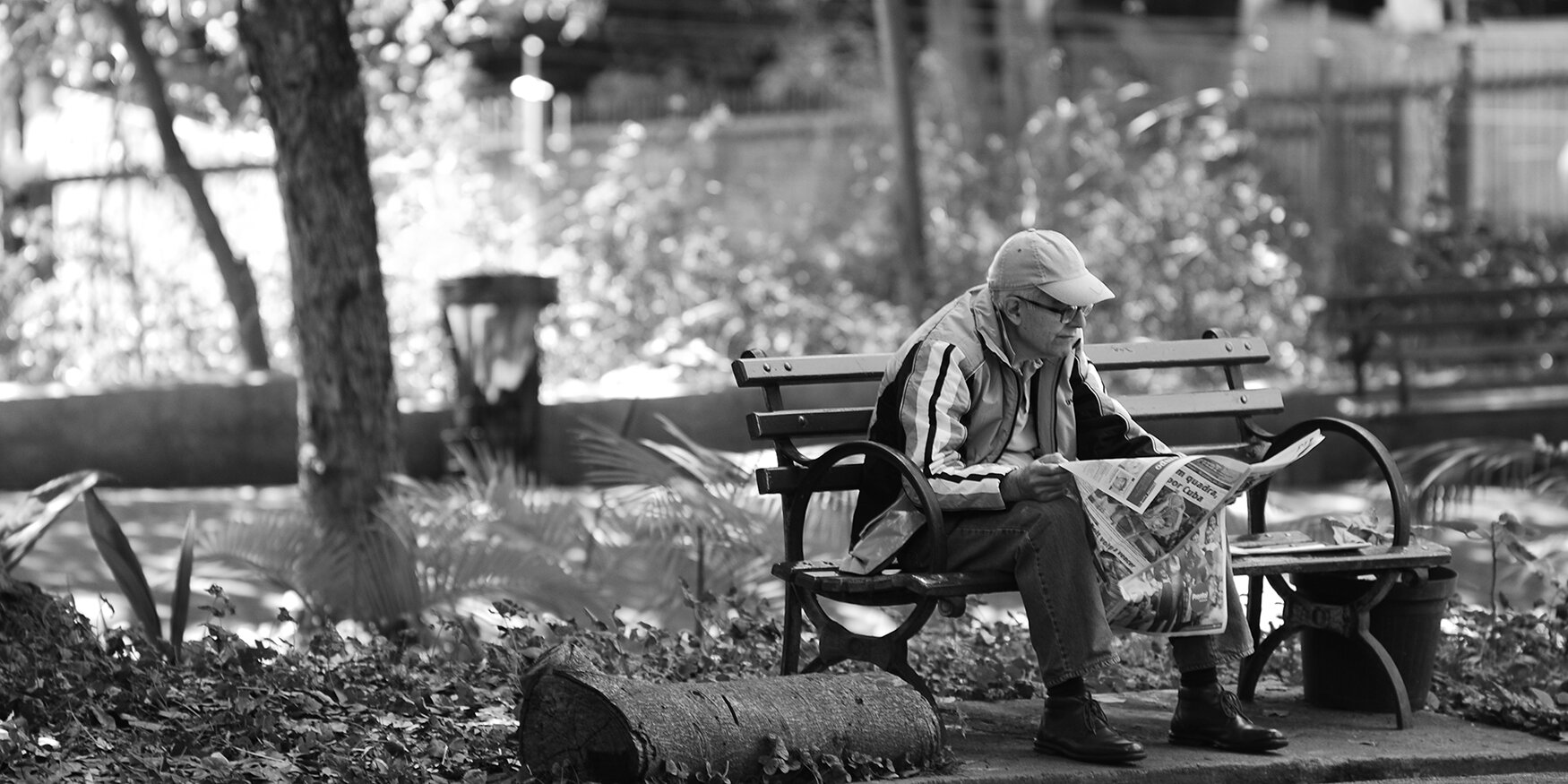
What to read
Improving Coronavirus Preparedness In Coffee Shops And Cafes by Thomas Chandler
2020 U.S. Barista Champ Andrea Allen On Women In Coffee by Katrina Yench
Until next week, drink good coffee. And please, wash your hands.
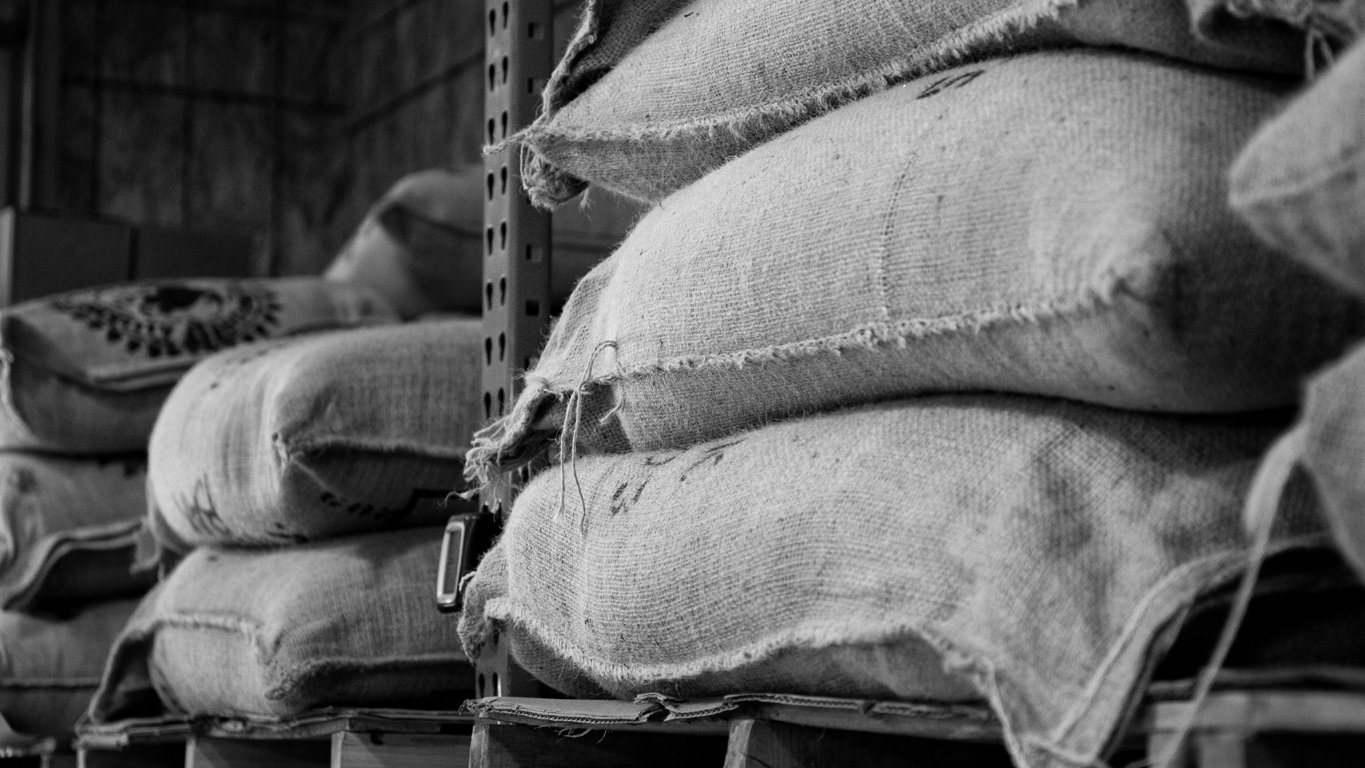
Nov 24, 2023 Connecting the Dots: Inside the 2023 Coffee Barometer Nov 24, 2023 Nov 24, 2023
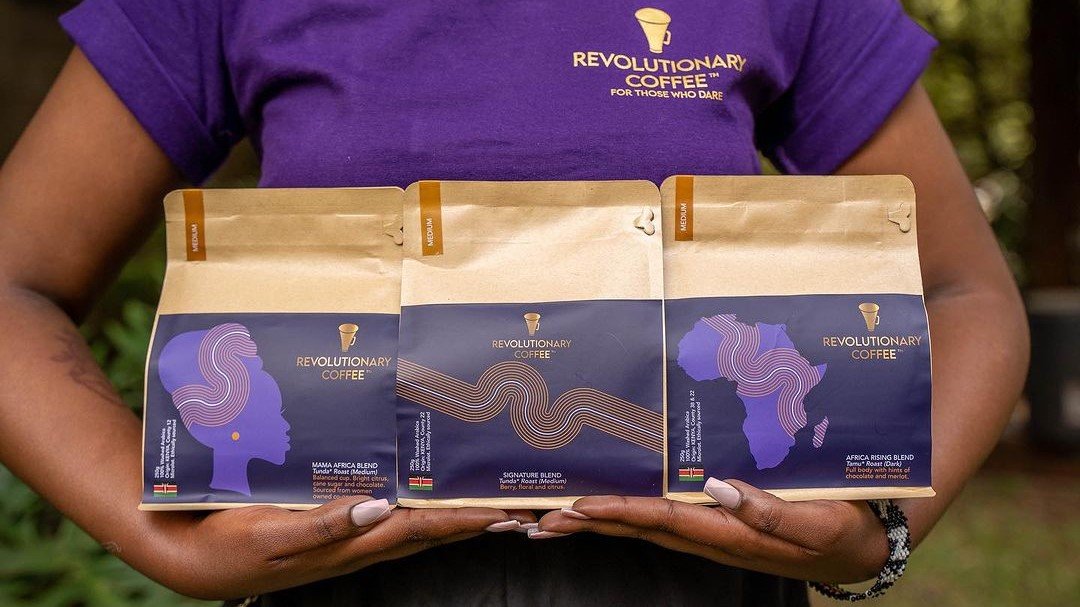
Oct 21, 2023 'Specialty Coffee Should be Enjoyed by Those Who Grow It': The Farmer's Daughter Joining Kenya's Coffee-drinking Revolution Oct 21, 2023 Oct 21, 2023
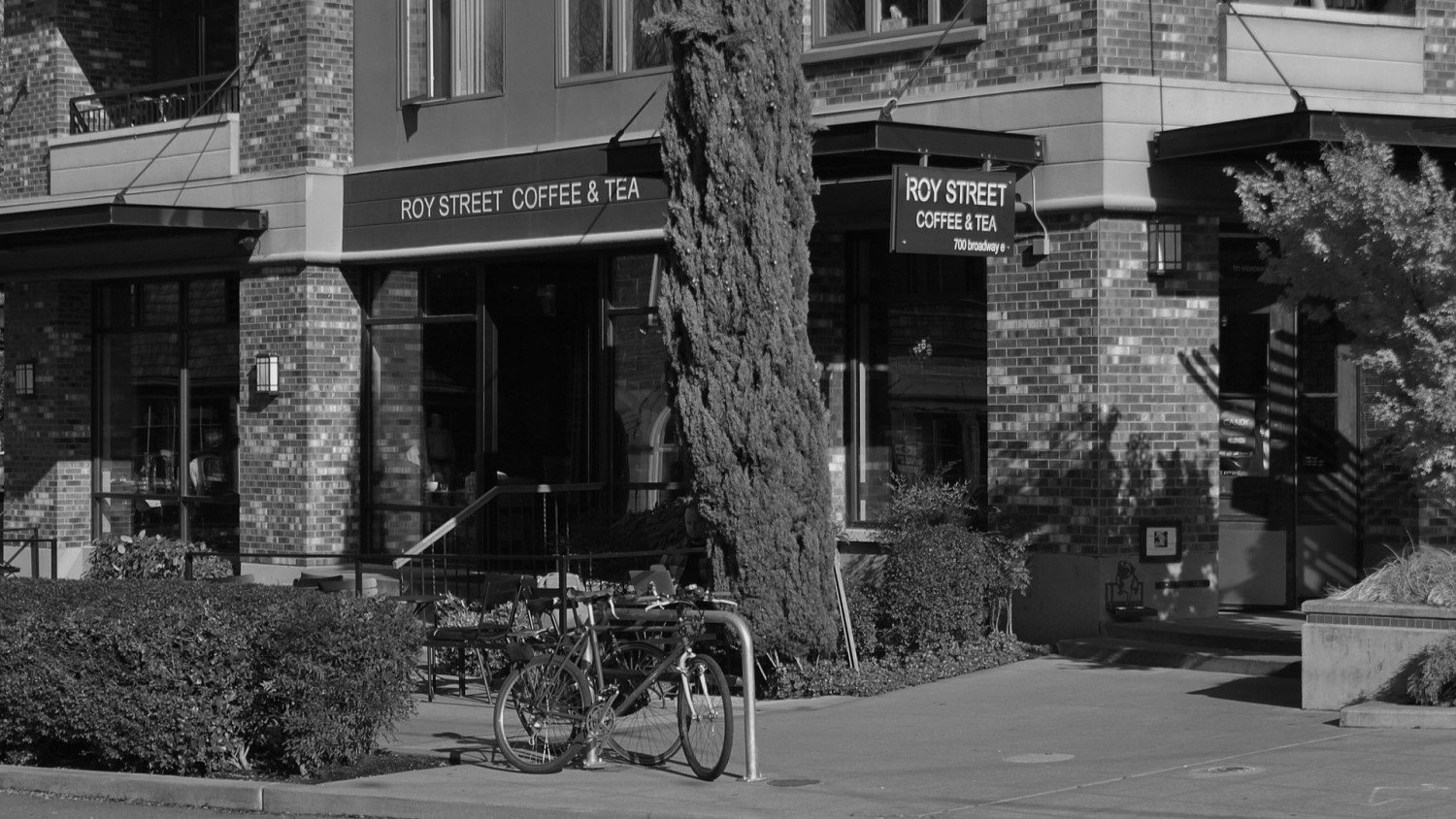
Oct 6, 2023 Stealth Starbucks: A Premonition of Modern Specialty Coffee Oct 6, 2023 Oct 6, 2023
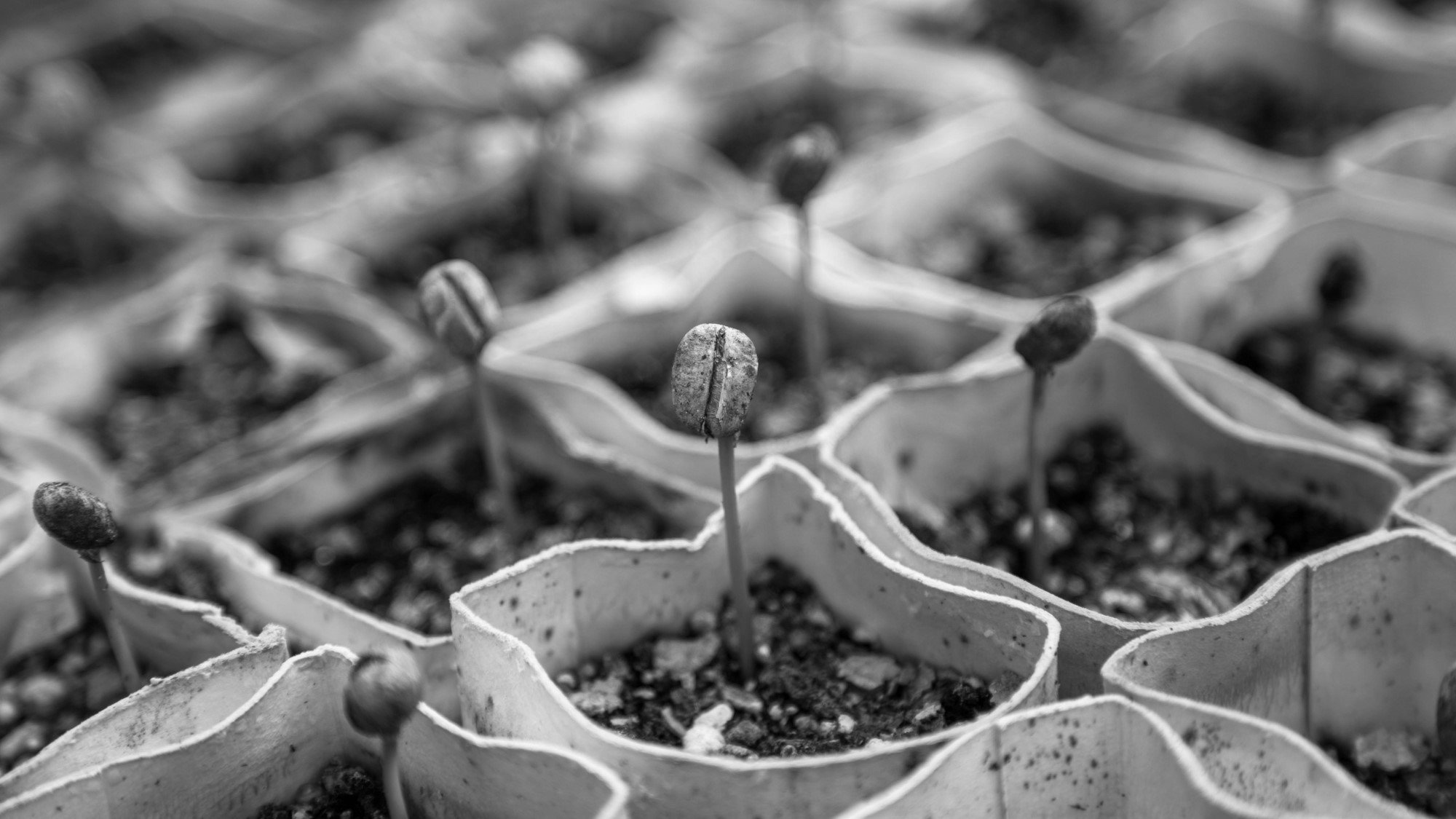
Sep 22, 2023 Can the Coffee Change Fund Save Coffee? Sep 22, 2023 Sep 22, 2023
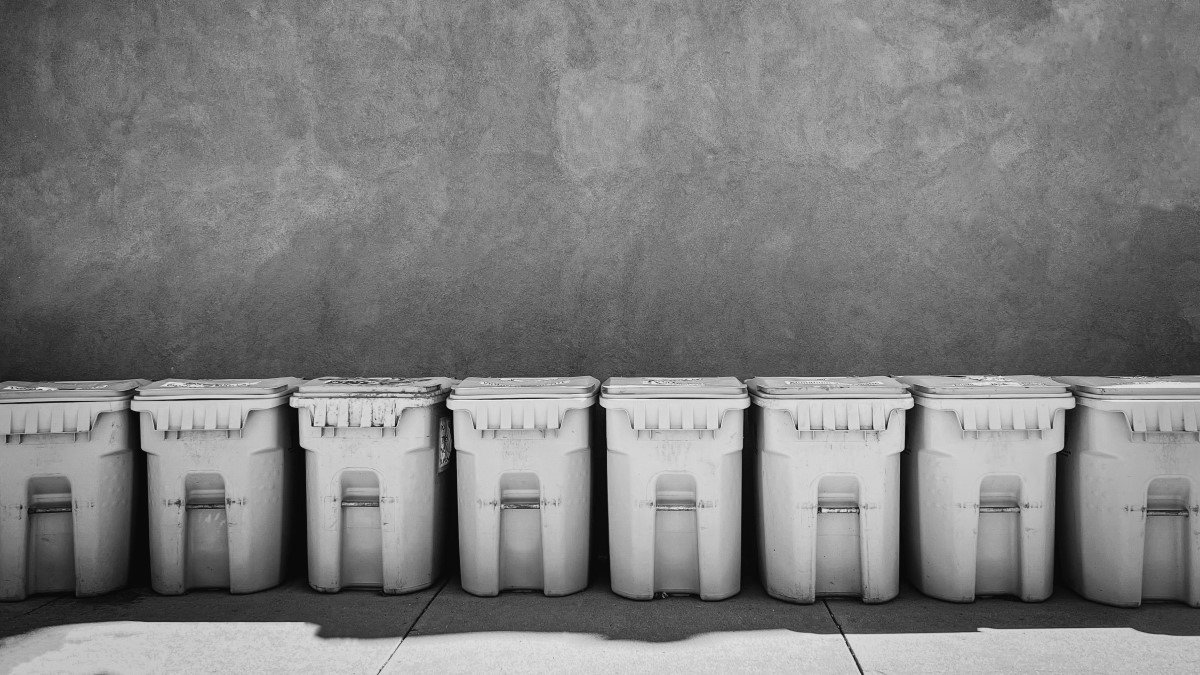
Sep 8, 2023 Upcycled Coffeewashing Sep 8, 2023 Sep 8, 2023
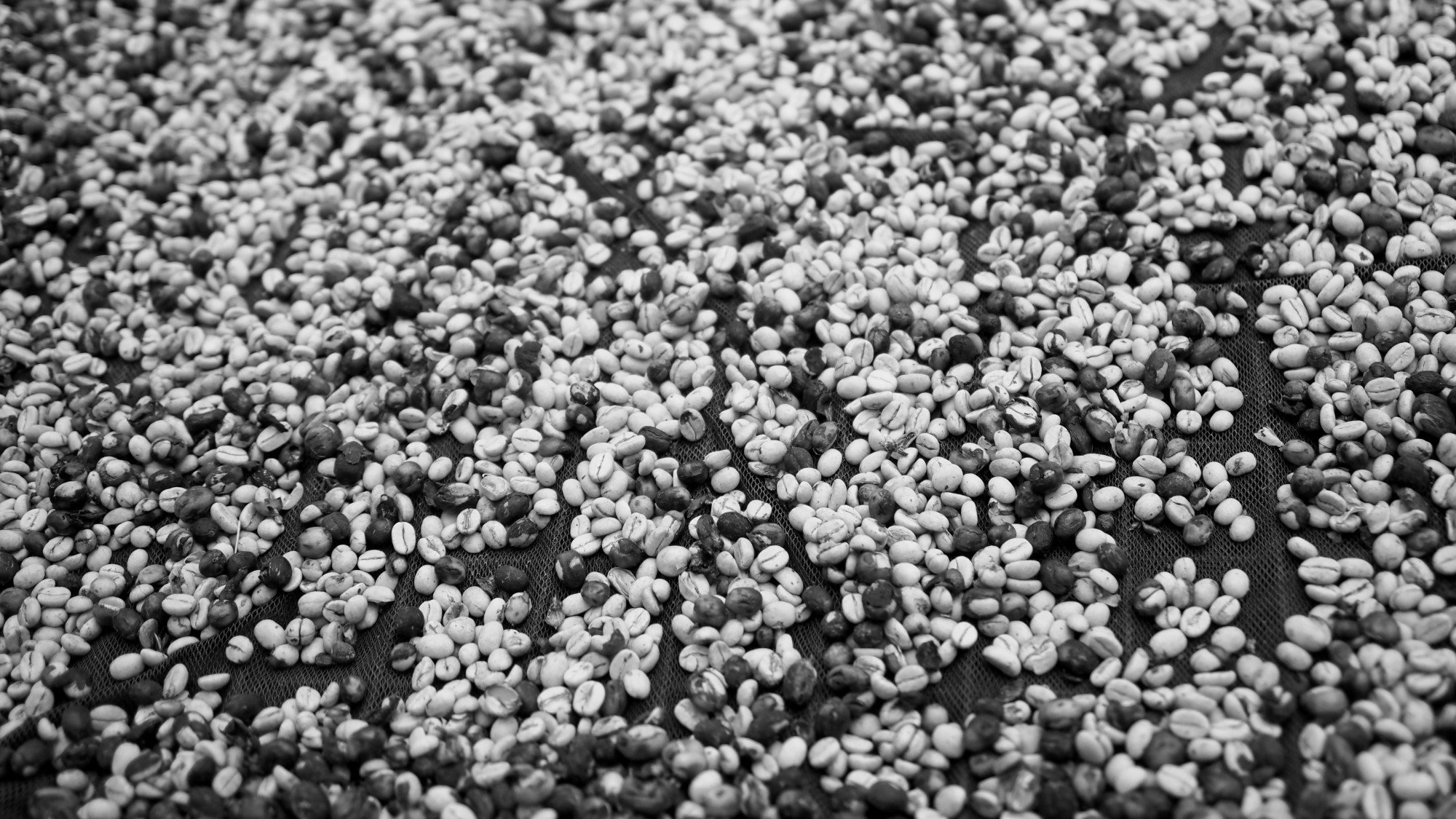
Aug 25, 2023 From A Concerned Farmer Aug 25, 2023 Aug 25, 2023

Aug 11, 2023 Philly is a (Coffee) Union Town Aug 11, 2023 Aug 11, 2023
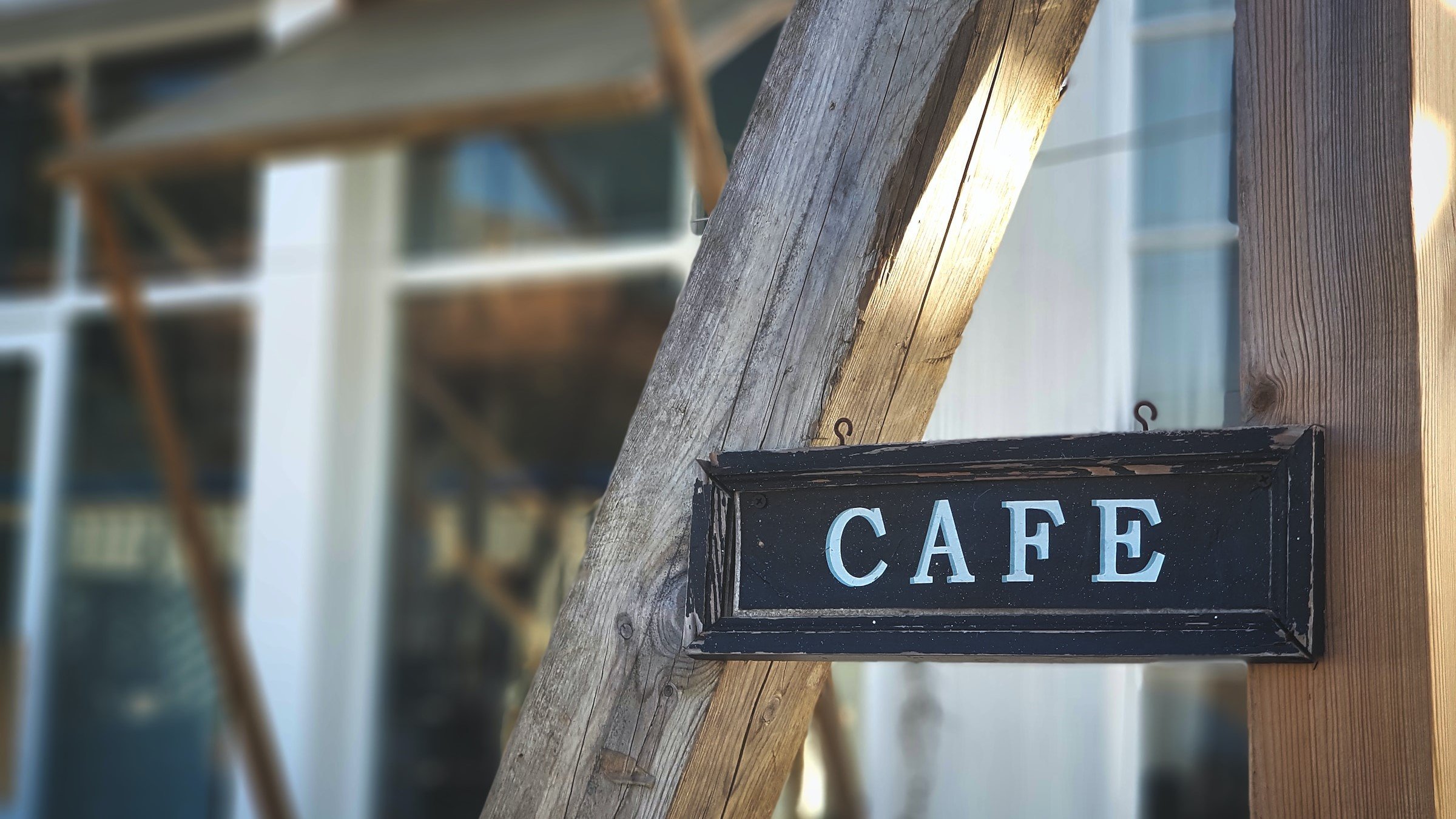
Jul 28, 2023 South Korea's Coffee Wars Jul 28, 2023 Jul 28, 2023
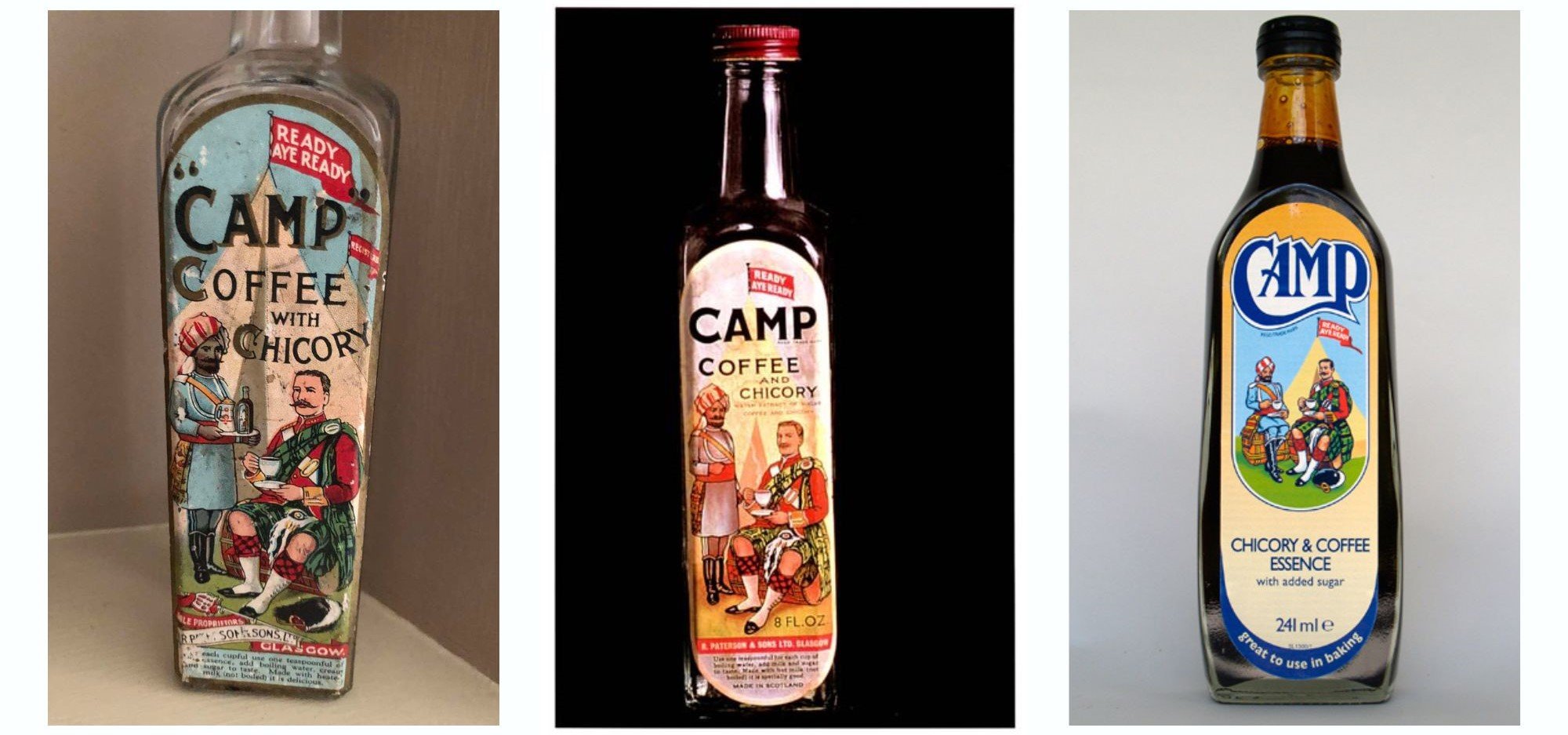
Jul 14, 2023 Camp Coffee, Colonialism, and the Evolution of a Brand Jul 14, 2023 Jul 14, 2023
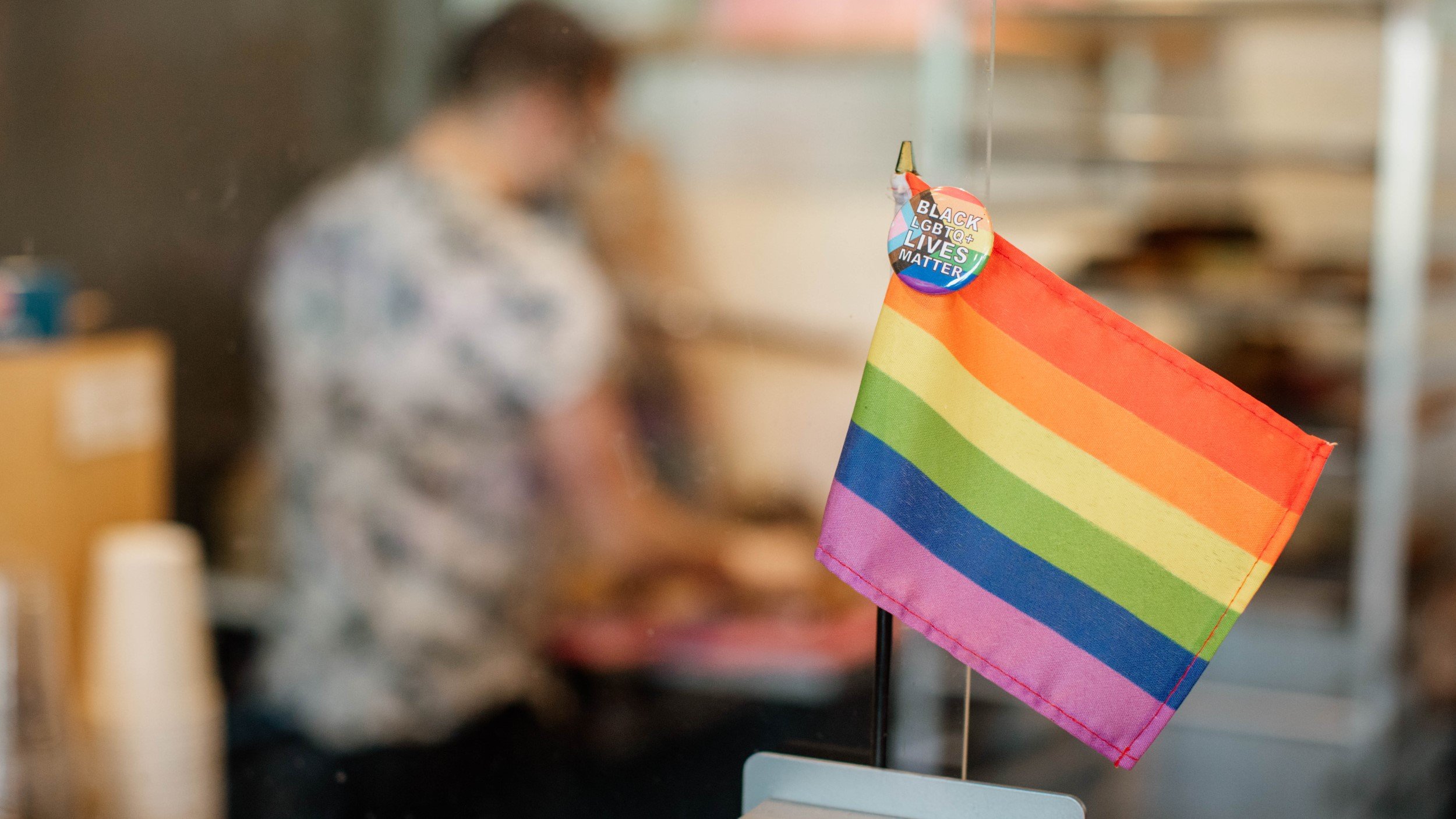
Jun 30, 2023 Defiance and Gay Frog Donuts: How Strange Matter Coffee is Navigating the Anti-LGBTQ+ Backlash Jun 30, 2023 Jun 30, 2023






